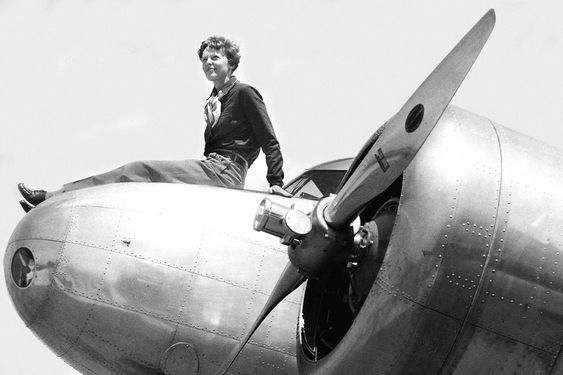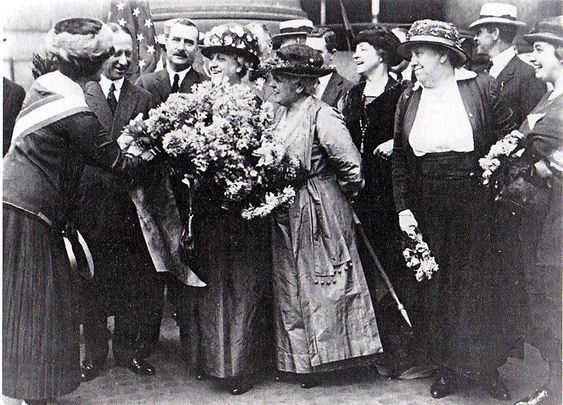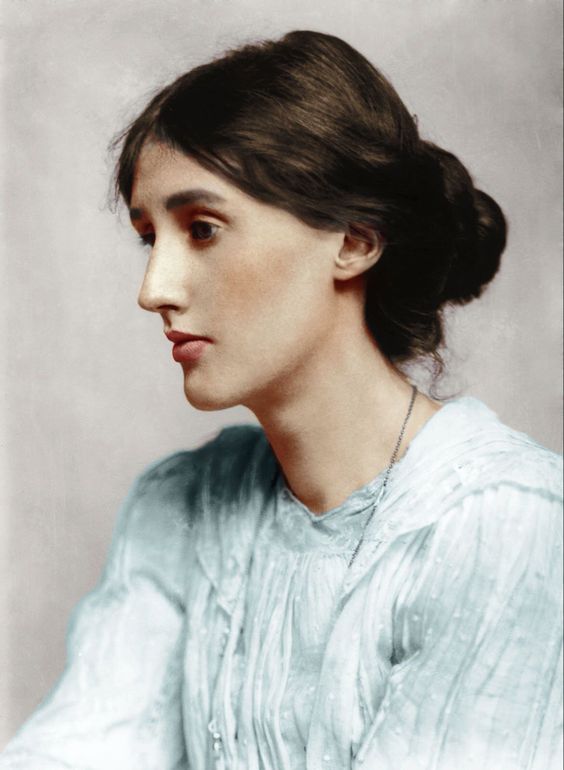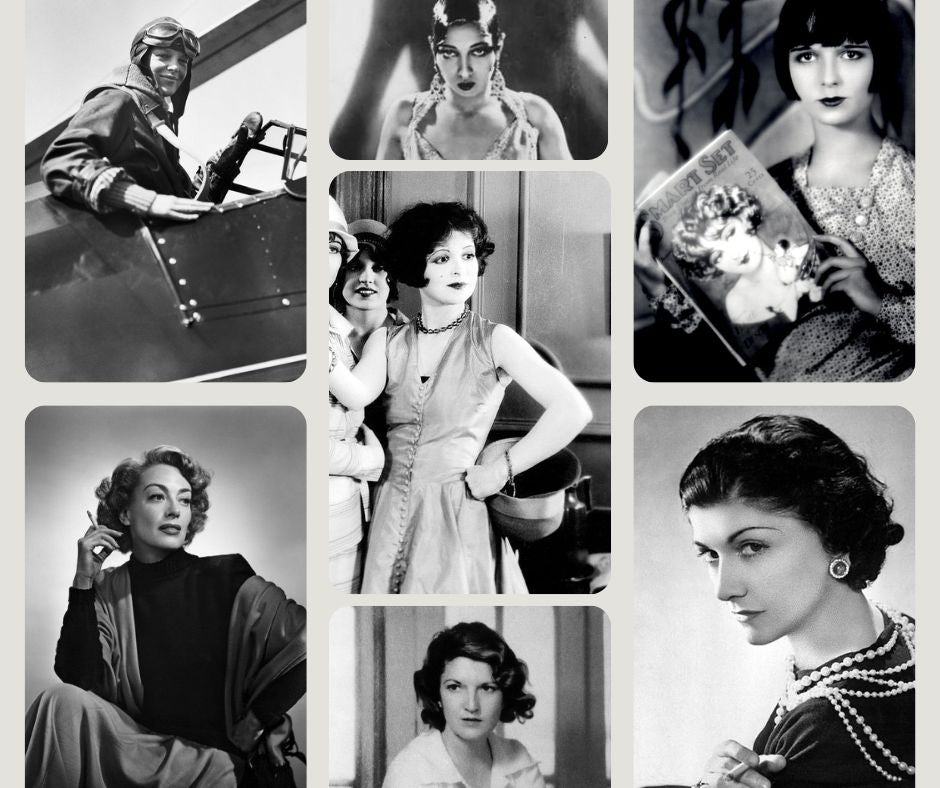
Honoring Herstory: Trailblazing Women of the 1920s
"One is not born, but rather becomes, a woman." — Simone de Beauvoir
March 8, 2024 | By Emily Aniston
Image: ©Simone de Beauvoir, Pinterest
The 1920s marked a pivotal era for women's rights, characterized by significant social change and progress. As we commemorate International Women's Day, we celebrate the pioneering women who challenged norms and drove transformation during this period. From suffrage to cultural innovation, these trailblazers left an indelible mark on history, inspiring future generations.

©Amelia Earhart, Pinterest
International Women's Day and Women's Suffrage
International Women's Day has its roots in the early 20th century, with the first observance taking place in 1911. It emerged from the labor and suffrage movements, as women around the world demanded better working conditions, the right to vote, and equal rights. In 1920, the Nineteenth Amendment to the United States Constitution was ratified, granting American women the right to vote after decades of advocacy and protest. Fast forward a century later, while progress has been made, challenges persist, particularly for marginalized groups, underscoring the ongoing struggle for gender equality. International Women's Day serves as a reminder of both the achievements of the past and the work still to be done in the pursuit of full gender equality.

©Carrie Chapman Catt, Pinterest
Virginia Woolf
Virginia Woolf emerged as one of the most influential voices of the 1920s, challenging conventional notions of gender and identity through her groundbreaking literary works. Through novels such as "Mrs. Dalloway" (1925), "Orlando: A Biography"(1928) and "A Room of One's Own" (1929). Woolf's exploration of consciousness and her advocacy for women's rights continue to inspire readers today.
In "A Room of One's Own," Woolf famously declared, 'A woman must have money and a room of her own if she is to write fiction.' This succinct statement encapsulates the central thesis of her essay, where Woolf passionately argues for women's access to education, economic independence, and creative autonomy. Drawing upon personal experiences and historical examples, Woolf vividly portrays the challenges faced by women writers throughout history. She emphasizes the importance of creating spaces where women can pursue their artistic endeavors free from societal constraints. Woolf's compelling narrative and bold advocacy for gender equality, inspire generations of readers to confront and challenge prevailing gender norms.

©Virginia Woolf, Pinterest
Trailblazing Women of the 1920s
The 1920s saw the rise of remarkable women who defied societal norms and made significant contributions in various fields. Coco Chanel revolutionized fashion with her bold and modern designs, while Josephine Baker captivated audiences with her groundbreaking performances. Aviator Amelia Earhart shattered stereotypes with her daring flights, and Clara Bow, with her vivacious personality and iconic roles in silent films, became the epitome of the Roaring Twenties' flapper culture. These trailblazing women left an enduring legacy, inspiring future generations to break barriers and pursue their dreams.









